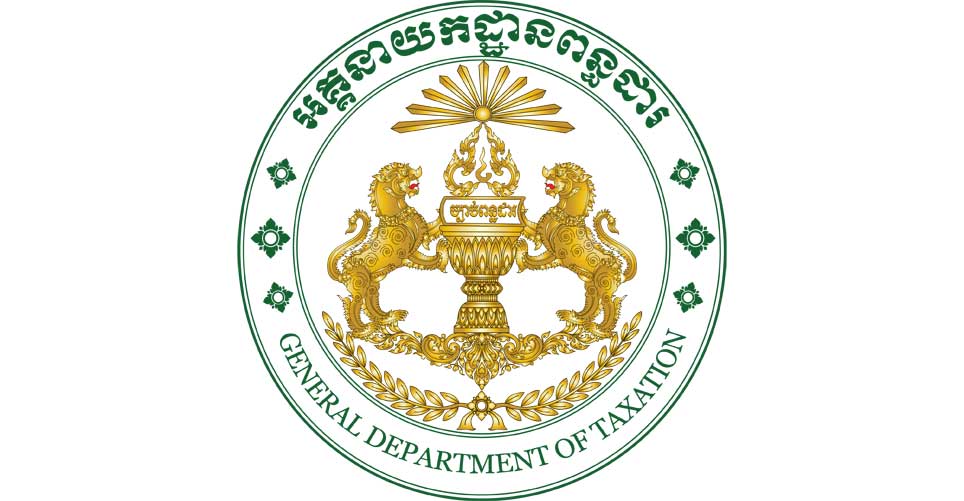Issue Description
Concerns regarding the implementation of new retroactive laws have been raised by numerous EuroCham Sectoral Committees and has been a key issue discussed within our White Books. Examples include:
Within human resources, the unexpected introduction of Prakas No.443 on the Payment of Seniority Indemnity in September 2018 caused severe uncertainty for the entire private sector, largely due to the inclusion of a retroactive payment component. Prakas No.443 now requires employers to compensate all employees on undetermined duration contracts with a biannual payment equivalent to 15 days of wages and other fringe benefits for each year of working, up to 12 years of service. Employers are also required to retroactively compensate employees for the length of their service accumulated before Prakas No.443 was enacted, referred to as a back payment. Although businesses recognise the added protection this legislation would bring to workers in some industries, the retroactive application has created an unforeseen ongoing liability for all employers for a business decision that has not occurred, as prior to the legislation, compensation was only applicable if an employee was terminated, similar to most other countries.
Through the productive dialogue between the Royal Government of Cambodia and the private sector (including EuroCham, Cambodia Chamber of Commerce and 30 other business associations), the financial impact of Prakas No.443 has been reduced for sectors outside the garment, footwear and textile industry. In March 2019, the Ministry of Labour and Vocational Training issued Instruction No.42 to delay the enforcement of the retro¬active component until December 2021, and reduced the number of days compensation is to be settled each year from 15 days to six days for every year of service before 2019.
Additionally, in the real estate and construction sector, uncertainty is mounting over the upcoming Construction Law with the incorporated Building Code and Environmental Impact Assessment requirements, as developers are unclear about what their obligations will be under these new regulations. In particular, there is concern that penalties for non-compliance may be applied against projects that have been completed prior to the regulations, or that there may not be a sufficient transition period to allow such projects to be altered and brought into compliance before penalties are applied.
Impact on business
Businesses require foresight and predictability in their legal obligations in order to engage in effective long term strategic and financial planning. Where the regulatory environment is unpredictable and new laws can be applied retroactively or with insufficient transition periods, this creates regulatory risks and additional costs for businesses.
Legislation such as Prakas No.443 has been adopted with limited participation from the private sector, resulting in new, unprecedented and unanticipated financial burden for businesses, which damages Cambodia’s reputation as a business-friendly environment. This issue of retroactivity was also raised during the Government-Private Sector Forum (G-PSF) chaired by the Prime Minister in March 2019, as it negatively impacts Cambodia’s competitiveness and discourages further investment, since businesses cannot be sure that they will remain unaffected by the consequences of retroactively applied future laws.
Recommendation
- Ensure that future laws and regulations incorporate practical transitional provisions, and that new legal instruments are not applied to impose retroactive penalties for non-compliance.
We would like to acknowledge the consolatory and fair approach taken the Royal Government of Cambodia to alleviate the concerns raised by private sector regarding Prakas No.443 on Seniority Indemnity Payment, and our members welcome the positive results that emerged from the constructive dialogue.
In respect to the development of future laws and regulations, we respectfully recommend that the Royal Government of Cambodia incorporates practical transitional provisions, including where necessary a period of time after the passing of the new legislation to allow businesses reasonable opportunity to adapt their practices to ensure compliance. Processes for publishing and disseminating new laws should be included in this review to ensure that the private sector has sufficient and timely awareness of upcoming laws. To increase trust and strengthen engagement with the private sector, we encourage the Royal Government of Cambodia to involve wider stakeholders in the development of new regulations where feasible, as this will promote a more considered and targeted approach to policy making.
In particular, we recommend that the Royal Government of Cambodia adopt the general principle that new legal instruments should not be applied to impose retroactive penalties for non-compliance, and that any penalties would only come into effect after a well-defined transition period.
Royal government of Cambodia
Initiative from Eurocham: The issue has been raised by the Tax Committee within The White Book edition 2024 in the Recommendation No. 65.

National Counterparts

General Department of Taxation

Ministry of Labour and Vocational Training

Ministry of Land Management, Urban Planning and Construction

